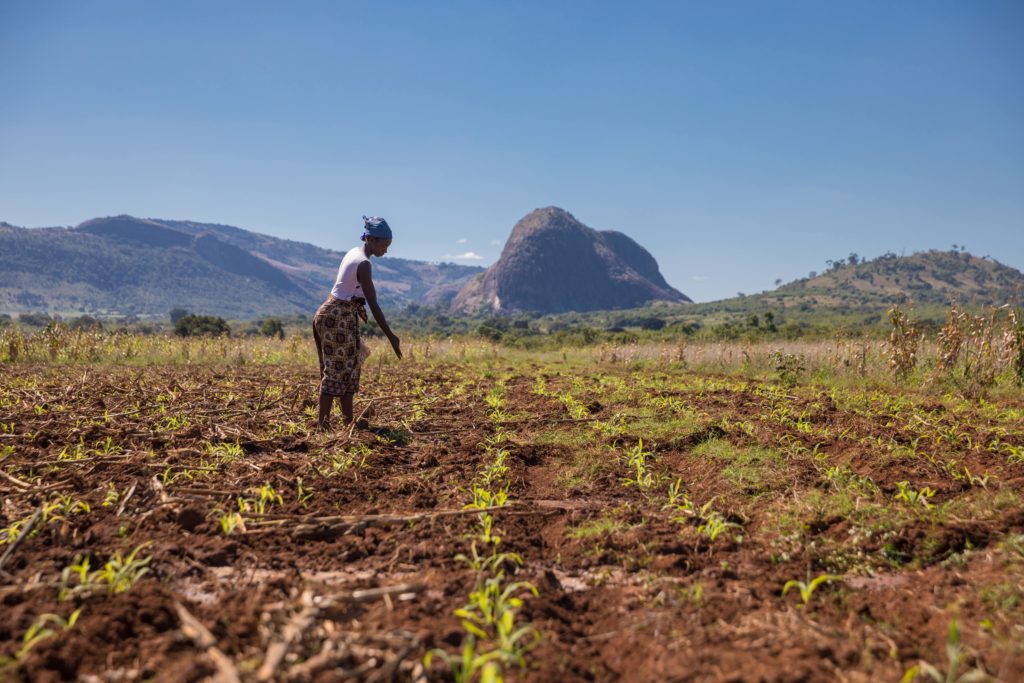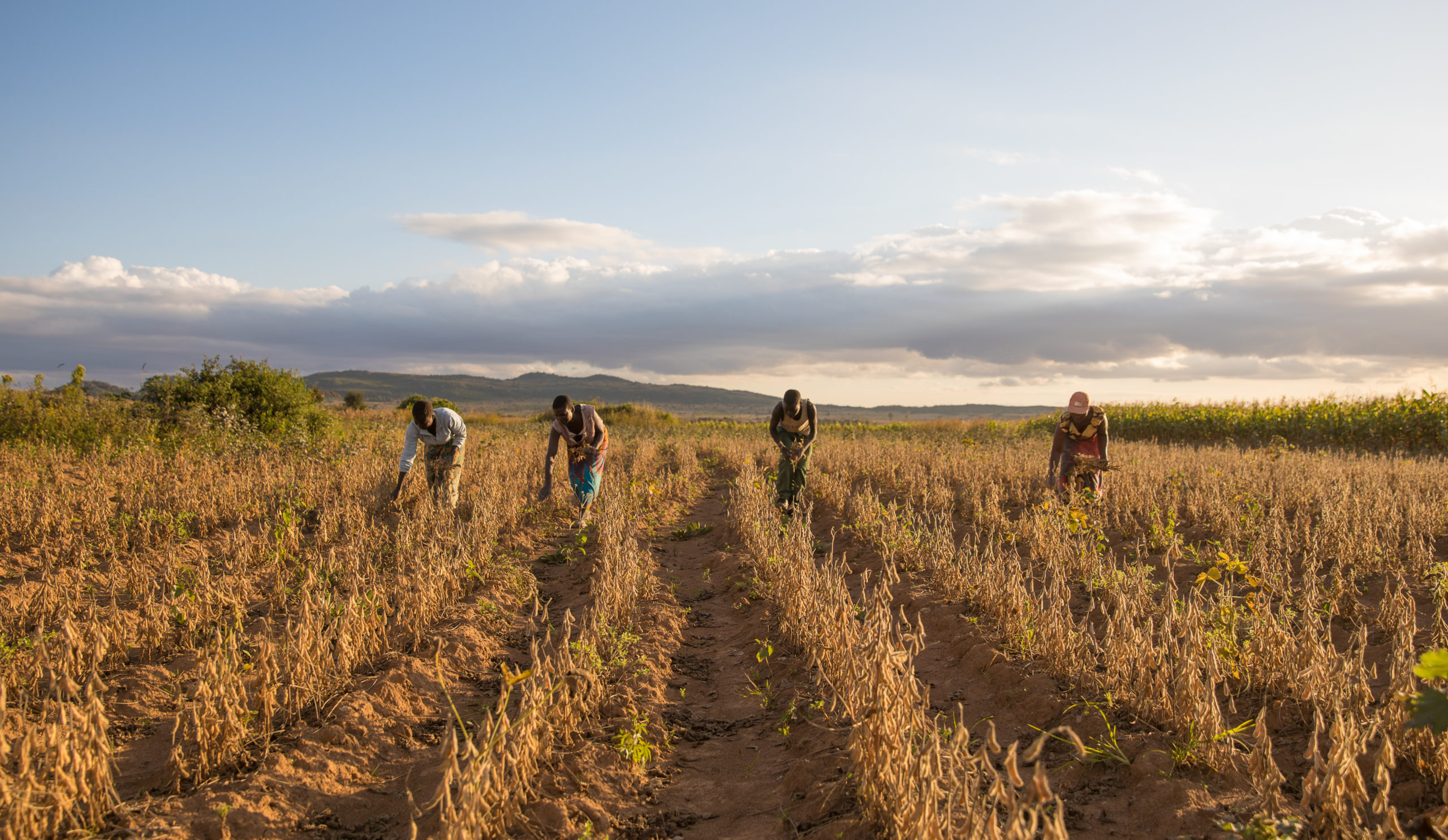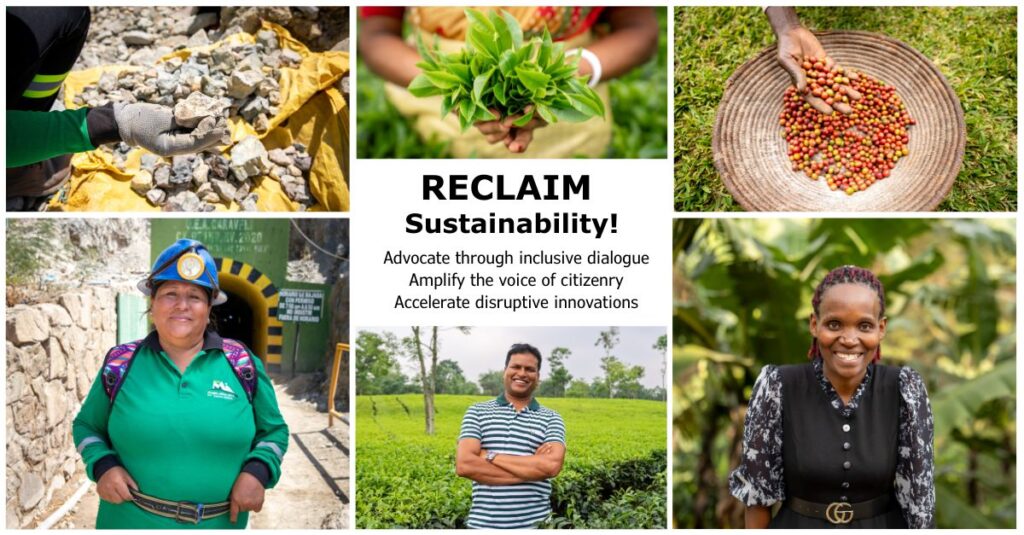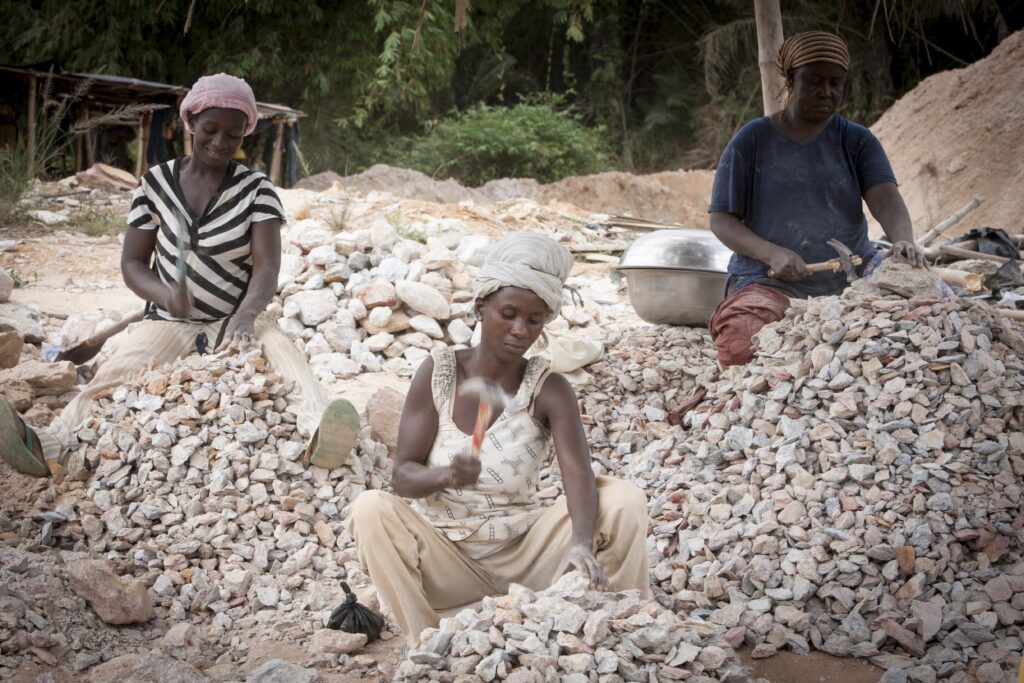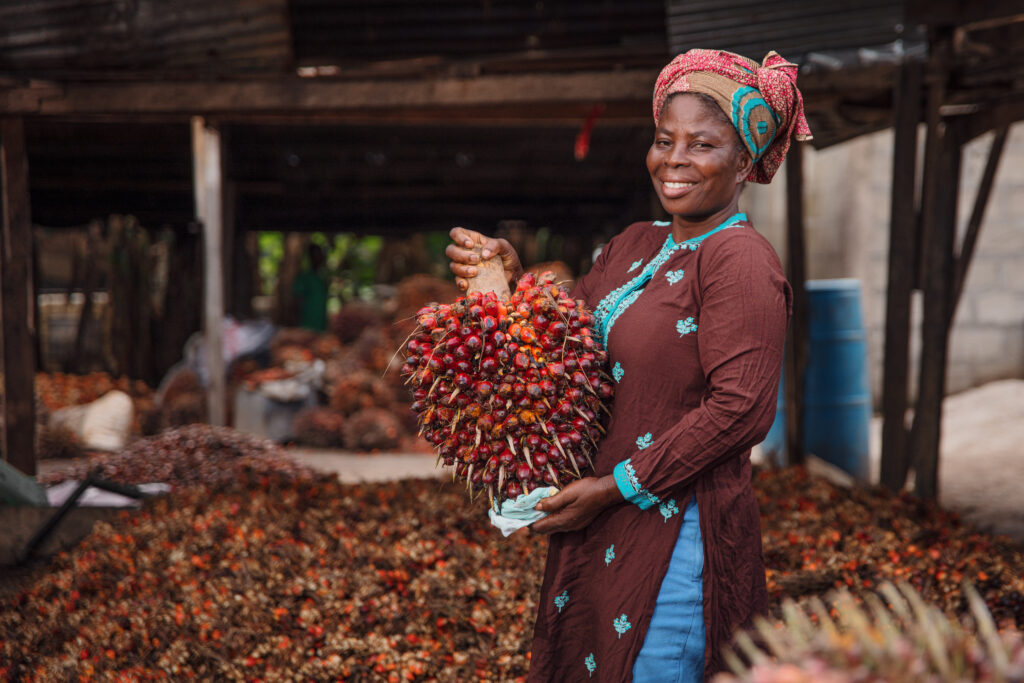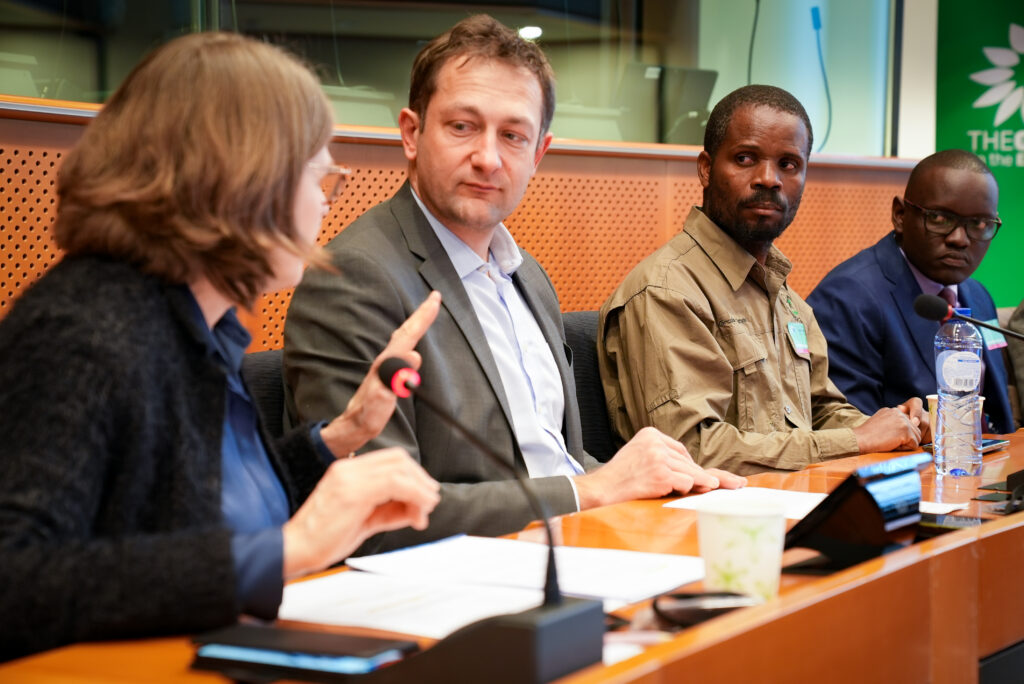Solidaridad’s first response to the Sustainable Corporate Governance Directive
“This proposal by the European Commission has the potential to fundamentally change the way we do business for the better. My big concern is that the directive does not explicitly require that corporations take responsibility for the sustainability of their entire supply chain, risking that farmers, miners and workers are left behind. It’s crucial that we ensure a decent living for the people at the start of the supply chain.”
Heske Verburg, Managing Director of Solidaridad Europe.
The proposal represents a due diligence framework that addresses the root causes of human rights and environmental impacts in supply chains. Crucially, as implied by paragraph 36 of the Commission’s recital, companies should: ‘take into account the interests of those adversely impacted. Prevention and mitigation efforts to bring to an end human rights impacts, should include adjusting pricing practices to ensure a decent living of families and farmers. Ending the trade-relationship should be a last-resort action.’
The directive has the potential to impact fundamentally the way we do business. But the key word is potential. In order to reach this impact, this directive, in its current form, will need to be ambitiously interpreted by Member States and corporations. The fact that only 1% of European companies fall under the scope of this directive shouldn’t release the other 99% from doing Human Rights and Environmental Due Diligence. That’s also what a large majority of European citizens expect from companies and government policies. Its stated goals in the preamble will need to be fleshed out into concrete requirements for companies, and it is essential that it’s language on decent work and living is elaborated.
Most importantly, in its current form, the proposal seems to lack a clear obligation for companies to apply due diligence throughout their entire supply chain. This may limit the scope of the directive to first tier suppliers, freeing corporations from responsibility for producers at a further remove, including farmers, miners and workers. However there is no supply chain without primary producers, and it is our responsibility to make sure that they are supported in their transition to more sustainable production.
This proposal should have more focus on living incomes, living wages, and responsible purchasing practices of corporations to reduce poverty. Corporations should develop and nurture lasting relationships with their suppliers, and pay prices that allow suppliers to pay a living wage or have a living income. In the current proposal these elements have not yet been developed.
But with the right amendments and specifications, the EU could provide a due diligence framework that nourishes the smart mix of measures necessary to fight poverty and make global trade sustainable.
